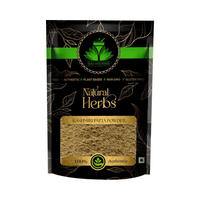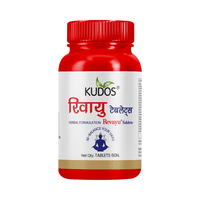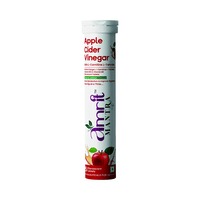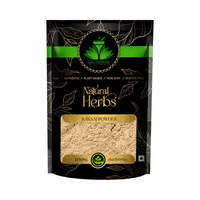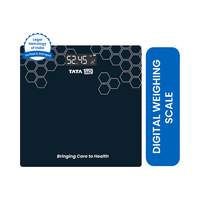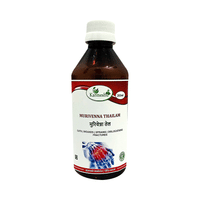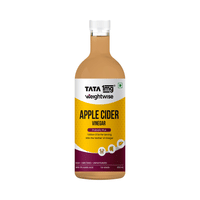Rs. 325
Not Available
Available in other variants
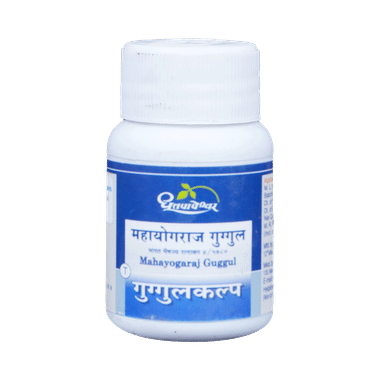
Product Details
Dhootapapeshwar Mahayogaraj Guggul
Dhootapapeshwar Mahayogaraj Guggul is an ayurvedic herbal-mineral preparation that is primarily used in the management of joint and muscle disorders, as well as digestive system issues. It is known for its potential benefits in promoting joint health and relieving joint pain and inflammation.
Key Ingredients:
Suddha Guggulu- 25.86%,Triphala Powder- 17.24%,Dried ginger (Zingiber officinale)- 0.43%,Pipali (long pepper or piper longum) – 0.43%,Chavya (Piper cubeba)- 0.43%,Chitrak (Plumbago zeylanica)- 0.43%,Hingu or Heeng (Asafoetida)- 0.43%,Ajmod (Apium Graveolens) celery seeds- 0.43%,Mustard seeds- 0.43%,Black Cumin- 0.43%,White cumin- 0.43%,Nirgundi seeds- 0.43%
Key Benefits:
Net Quantity:
30/60/1000 tablets
Indications:
It is indicated for arthritis, rheumatism, and bursitis.
Dosage:
Use as directed by a healthcare professional
Directions For Use:
Safety Information:
Faqs:
Dhootapapeshwar Mahayogaraj Guggul is an ayurvedic herbal-mineral preparation that is primarily used in the management of joint and muscle disorders, as well as digestive system issues. It is known for its potential benefits in promoting joint health and relieving joint pain and inflammation.
Key Ingredients:
Suddha Guggulu- 25.86%,Triphala Powder- 17.24%,Dried ginger (Zingiber officinale)- 0.43%,Pipali (long pepper or piper longum) – 0.43%,Chavya (Piper cubeba)- 0.43%,Chitrak (Plumbago zeylanica)- 0.43%,Hingu or Heeng (Asafoetida)- 0.43%,Ajmod (Apium Graveolens) celery seeds- 0.43%,Mustard seeds- 0.43%,Black Cumin- 0.43%,White cumin- 0.43%,Nirgundi seeds- 0.43%
Key Benefits:
- Mahayogaraj Guggul is widely used in Ayurvedic treatment for joint diseases such as arthritis and bursitis. It may help reduce joint pain, inflammation, and stiffness. This herbal-mineral preparation is also used in the management of various skin diseases. It may help improve the overall health of the skin and promote healing. Mahayogaraj Guggul is believed to aid digestion and can be used for conditions like bloating, low digestion power, and sprue. Mahayogaraj Guggul may help support thyroid function and balance hormone levels.
Net Quantity:
30/60/1000 tablets
Indications:
It is indicated for arthritis, rheumatism, and bursitis.
Dosage:
Use as directed by a healthcare professional
Directions For Use:
- Use as directed by a healthcare professional
Safety Information:
- Read the label carefully before use
- Store in a cool and dry place away from sunlight
- Keep out of reach of children
Faqs:
- Can Ayurveda be used alongside conventional medicine? Ayurveda can complement conventional medicine, but it is important to consult with both an Ayurvedic practitioner and your primary healthcare provider to ensure safe and effective integration.
- Are there any dietary guidelines in Ayurveda? Ayurveda emphasizes the importance of a balanced diet that is tailored to an individuals dosha. It promotes whole foods, fresh fruits and vegetables, whole grains, healthy fats, and mindful eating practices.













